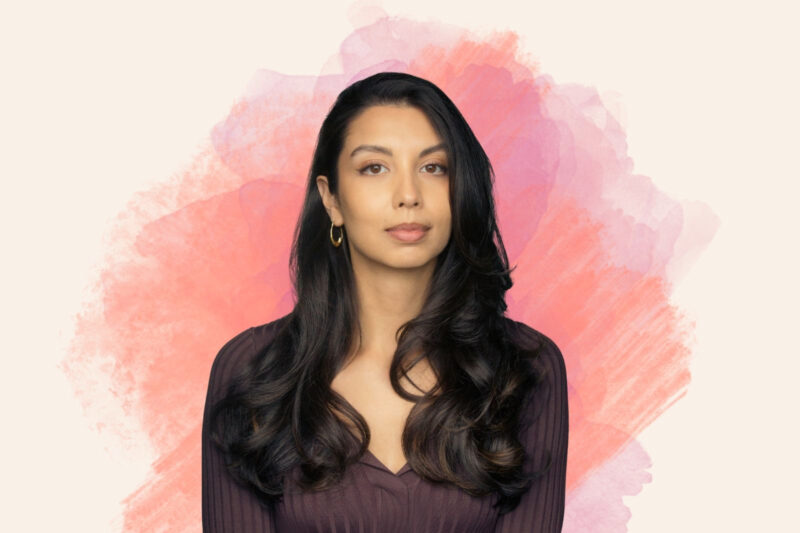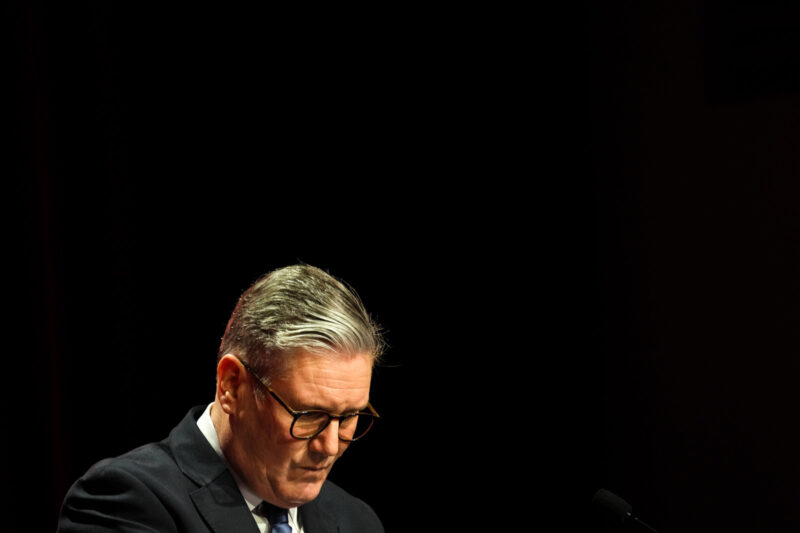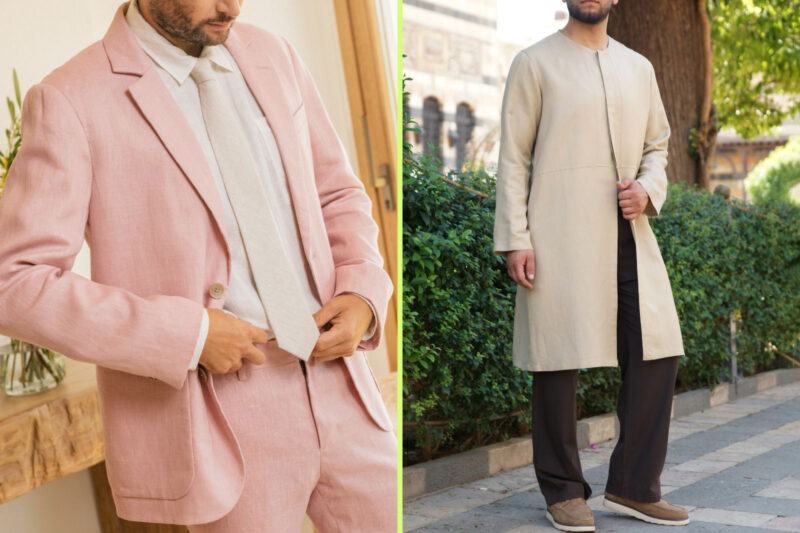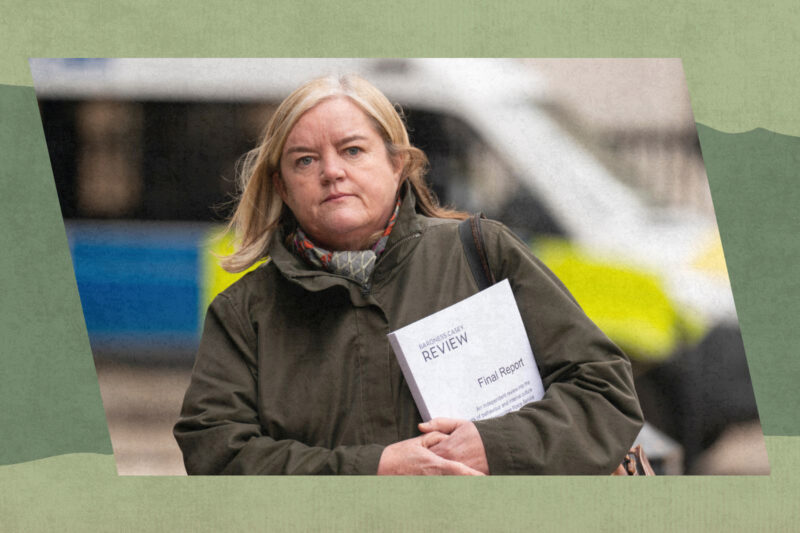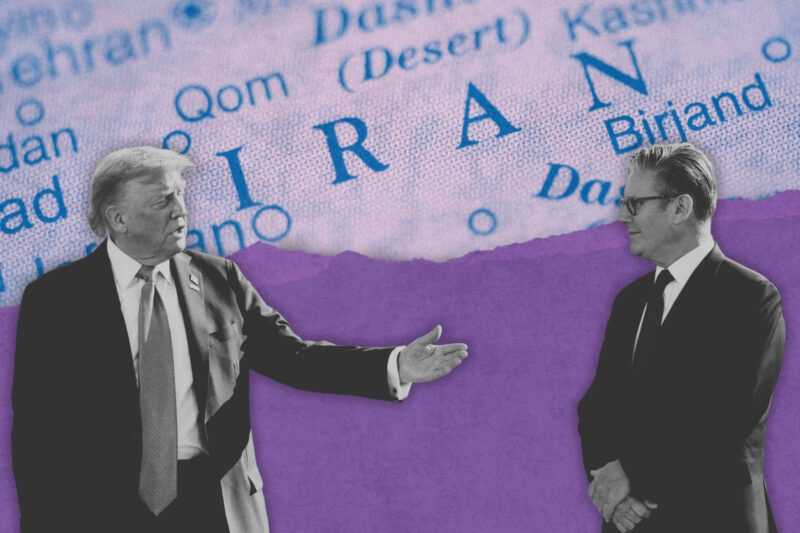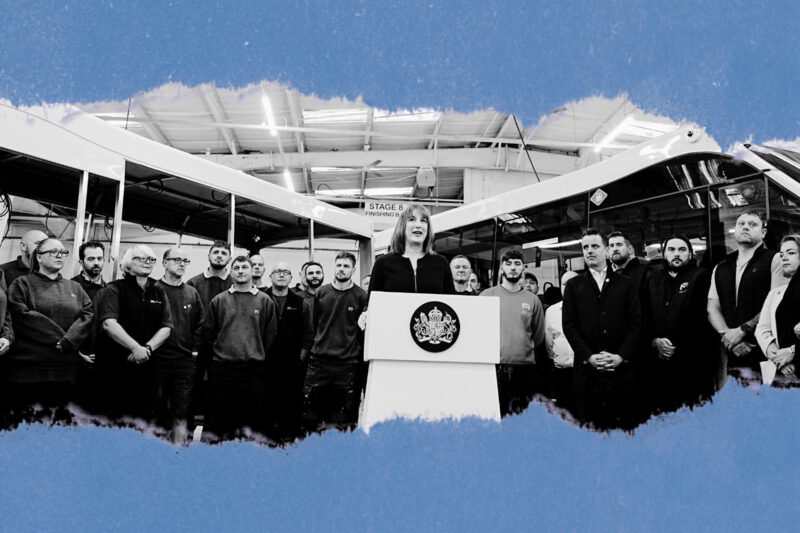Can King Charles make the monarchy relevant for Britain’s Muslims?
The King has expressed a deep respect for Islam. For Muslims in the UK, it may not be enough to curb their apathy
–
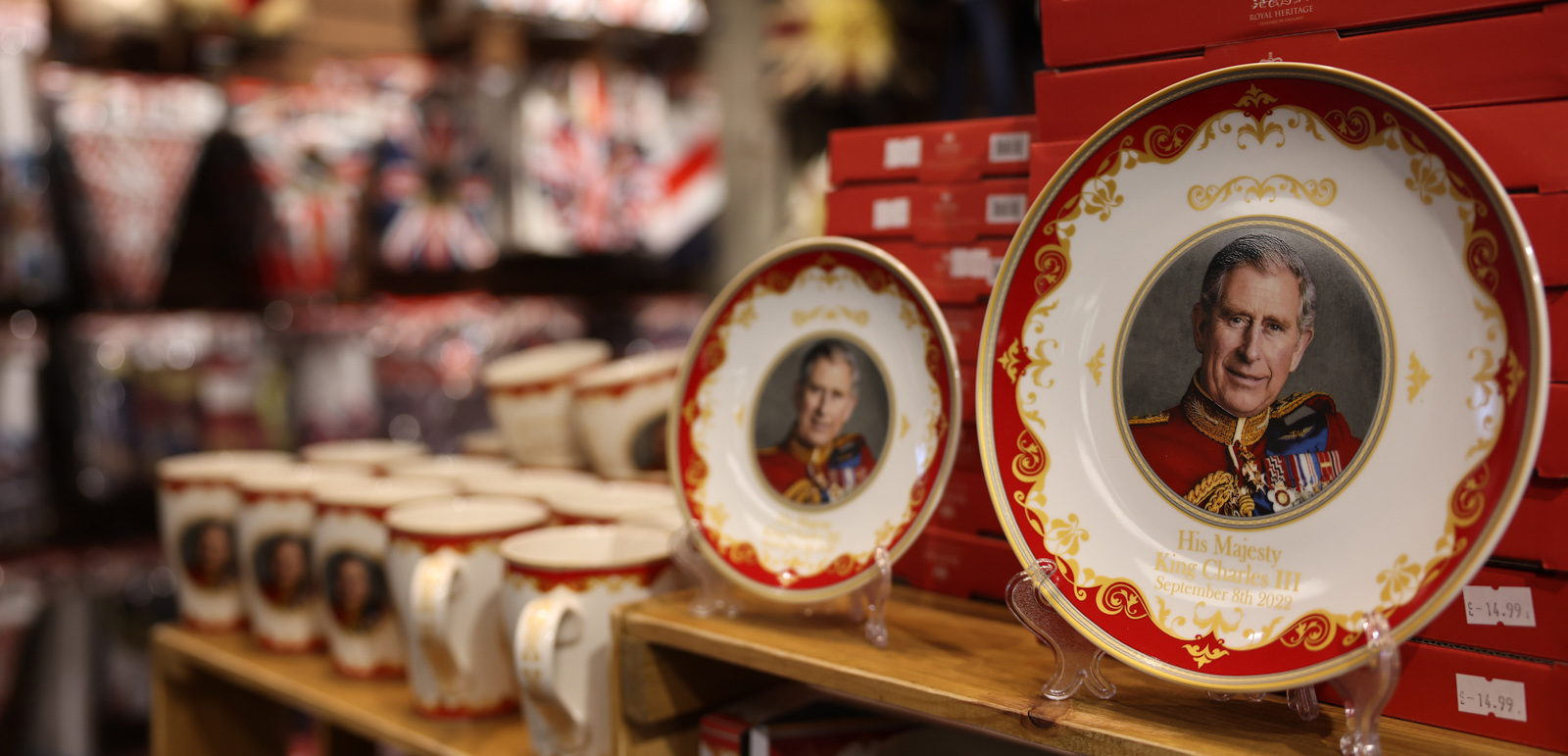
As Britain puts out the bunting ahead of the royal coronation, appetite for the occasion varies across the UK. There is much greater anticipation among older rather than younger people, and rather more activity in England than in other parts of the country.
Among four million Muslims in Britain, the full range of views can be found. Pride in Britain’s sense of tradition, curiosity over historic rituals, distaste over pageantry and pomp at a time of economic and environmental crisis. Of course, for some the coronation may reinforce a rejection of hereditary monarchy in principle, a view held by around a quarter of the British public as a whole.
For many young Muslims in Britain, however, the crowning of the King seems to elicit a broad feeling of indifference.
That may disappoint King Charles III, given his long fascination with Islam — one that has been deeper and more sustained than from many other western public figures. After all, he has learnt Arabic in order to read the Qur’an and is an active patron of the Oxford Centre for Islamic Studies, where he has given major speeches on his understanding of Islam. But how far will the King’s deep reverence and respect for Islam influence how interested Britain’s Muslims are in the monarchy?
At a time when the American political theorist Samuel Huntington was developing his “clash of civilisations‘ ‘ argument — that Islam was “incompatible” with Western liberal democracies — Charles, in his 1993 lecture at Oxford University, made the case for interfaith unity. For modern Europe, “Islam is part of our own inheritance, not a thing apart,” he said. He spoke of the UK’s growing Muslim population as an “asset to Britain”. “We find them as teachers, doctors, engineers and scientists. They contribute to our economic wellbeing as a country, and add to the cultural richness of our nation.”
Charles gained a reputation for being an ally to Muslims — especially when speaking out on issues including the Srebrenica massacre in 1995 — a seminal time for the reshaping of British Muslim identities across the UK and Europe.
‘There is more pressure on the monarchy today to be willing to reflect on its role in Britain’s long, complex history of empire and decolonisation’
The royal family’s engagement with Islam stretches back generations. King George VI opened the Islamic Cultural Centre in Regent’s Park, London, in 1944, with the Churchill government funding the prime location to recognise the enormous Muslim contribution to the war effort. Queen Elizabeth II opened the high-profile World of Islam festival in 1976, ahead of her silver jubilee. But Charles’ engagement has been much more sustained.
Charles’s respect toward the Islamic faith has been greeted with reverence in much of the Middle East, and boosted his popularity on visits to Pakistan and Bangladesh. It has also been a source of controversy, and even mockery. He disappointed Salman Rushdie’s supporters by empathising with Muslims who felt a sense of deep insult at his book The Satanic Verses. Although his engagement with Saudi Arabia has been much scrutinised, credit is due to Charles for his efforts to both challenge anti-Muslim prejudice in the west and make the case for a more flexible interpretation of Islamic scripture in Riyadh.
Charles’s desire to be “defender of the faith” caused some dismay in Lambeth Palace, as his decision was considered to reflect a broader sense of disillusionment with the established church. There are both Muslims and Islamophobes who are convinced that Charles is a secret convert to Islam. This unfounded rumour was once fanned by the Grand Mufti of Cyprus. The influential American neoconservative Daniel Pipes maintained a blog page devoted to this theory, later directing similar unfounded suspicions at President Barack Obama.
As King, Charles remains a committed multiculturalist. He places more emphasis on the constancy of his Christian faith as the basis for engagement across faiths. “I rejoice that [the Prince of Wales] loves Islam,” his friend Richard Chartres, former Bishop of London, has said, while insisting that this is on the basis of being a Christian of conviction.
One of the King’s first public statements, after his accession last autumn, declared his sense of a “duty to protect the diversity of our country”. The King’s emphasis may naturally be less on Islam in particular but on how to balance a role as head of the established church with an equitable approach across all major faiths in Britain.
The King’s challenge with Muslim Britain and other minority groups across the country — may be generational. South Asians who arrived as migrants to Britain in the 1960s and 70s often saw the Crown as a symbol that they could use to explain their place in Britain. Those born in this century have less need for that story. In recent decades, the monarchy has shown commitment to diversity through the Commonwealth abroad. Today, however, there is more pressure on the monarchy to be willing to reflect on its role in Britain’s long, complex history of empire and decolonisation — the sharper, violent edges of a history which has made Britain the society it is today.
The King’s long track record of engagement with Islam may provide a useful platform for renewing his relationship with Britain’s Muslim population. But his coronation challenge may lie in how he chooses to introduce himself to a new generation who are less invested in the survival of the monarchy. For them, the King’s commitment to engaging with minority faith groups may come as a welcome surprise.
 Newsletter
Newsletter

